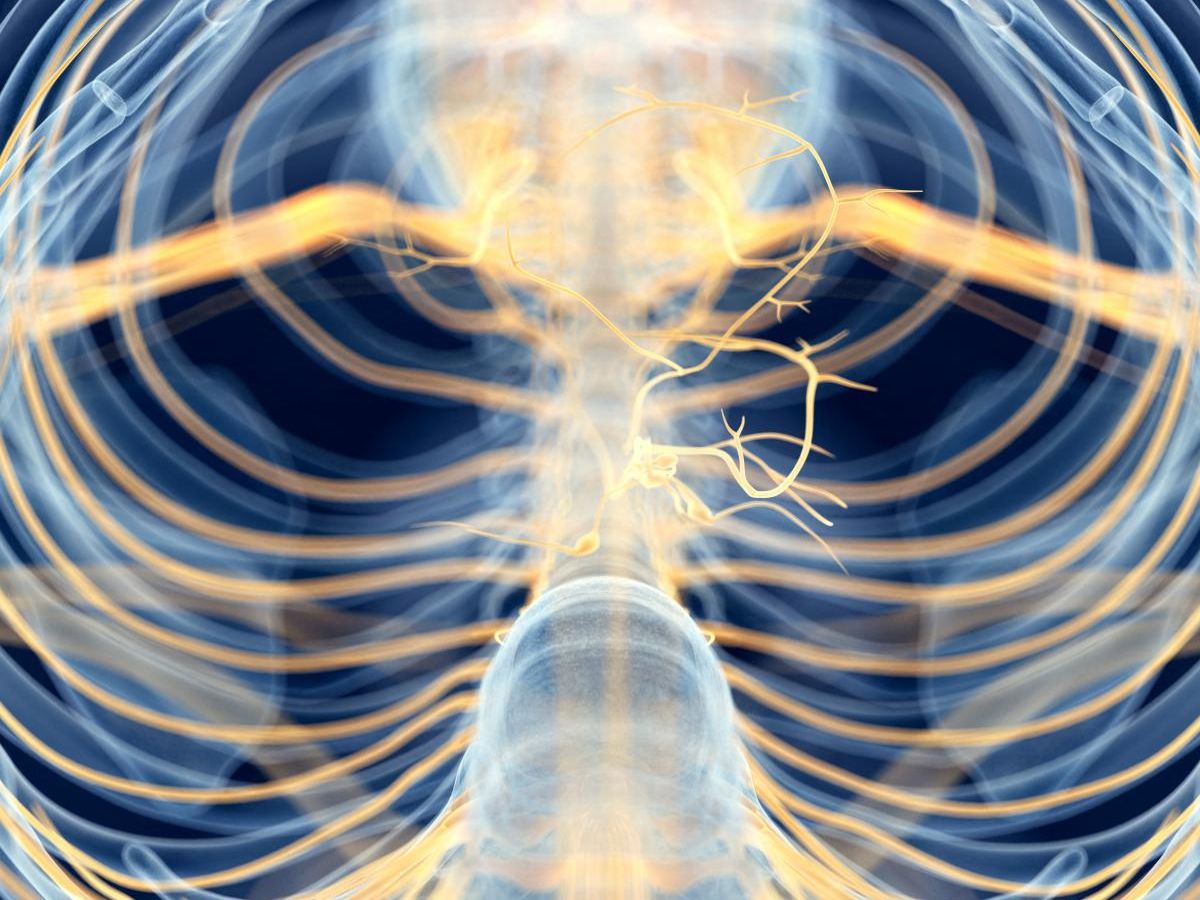After a rape, many victims are too fragile to file a complaint. A system used in Paris allows evidence of the assault to be collected at the hospital and kept to support their case if they later take legal action.
"Immediately after the assault, the victim's acute state of stress often makes it difficult for her to file a complaint, whereas on the contrary, this is the time when it would be necessary to act quickly to gather evidence," explains psychiatrist Sarah Dauchy, medical director of the Maison des femmes at the Hotel-Dieu in Paris.
The rate of dismissal by a magistrate on the grounds of "insufficiently characterized offense" (lack of evidentiary element) was 59% in 2023 for rapes, according to the Chancellery, which specifies that the number of people charged with rape increased from 11,361 to 26,672 people from 2015 to 2023.
When a victim goes to the emergency room after a rape, she receives HIV treatment and emergency contraception. If she wants to file a complaint, she is referred to a police station. Then a forensic examination will be arranged to collect evidence.
If they do not want to file a complaint immediately, women living or assaulted in Paris can benefit from this collection of evidence at the Maison des femmes at the Hotel-Dieu, a structure of the Assistance publique-Hopitaux de Paris (AP-HP) which Prime Minister Michel Barnier is due to visit on Monday for the International Day against Violence against Women.
– Perpetuated device –
A forensic doctor from the Medico-Legal Unit (UMJ) collects evidence that could support subsequent legal proceedings: traces of the attacker's DNA, sperm, clothing, traces of injury, toxicological samples, etc.
"These samples, which can be collected up to five days after the attack, can only be taken with the expertise of forensic medicine," explains Candie Grange, midwife and coordinator of the Maison des femmes.
Accustomed to working for the courts, these forensic doctors will pay "particular attention to looking for lesions in areas that are sometimes rarely examined in emergency care, such as the neck and arms, which will be of great interest in criminal proceedings," explains Dr. Charlotte Gorgiard, who heads the UMJ at the Hotel-Dieu.

This evidence will be kept for three years to allow the victim time to "move forward" towards possible legal proceedings.
An interministerial circular in 2021 encouraged the deployment of this system, tested in several cities and in Paris since the end of 2022 where it was made permanent in October, via the signing of an agreement between the Paris prosecutor's office, the police prefecture and the AP-HP. Since 2022, in Paris, 46 victims have used it and 14 have filed complaints, according to the Maison des femmes.
– “The brain is disconnected” –
There are many reasons why a victim may have difficulty filing a complaint.
First, "the experience of shame and the anxiety that leads to avoiding the story of the rape, or even to no longer thinking about it," explains Dr. Dauchy. Then, when the aggressor is a member of one's professional circle, another student, a "friend," "the fear of being the one who destroys the balance of the family, friendly, professional group," she explains.
The inversion of guilt also, which leads the woman to ask herself if she did not provoke or allow the act.
Some, due to "stun or depersonalization" mechanisms, were unable to move during the attack, or had the impression of watching themselves from the outside. "It is a psychological defense mechanism when faced with a very stressful or violent situation: the brain disconnects," explains the psychiatrist.
Sometimes, because they did not fight, because they did not shout, they feel guilty and tell themselves that they will not be believed. At the Maison des femmes, a psychiatrist or psychologist explains the mechanisms at work to them, which "removes their guilt."
"We take care of the psychological consequences of violence as early as possible, which are precisely what prevents them from filing a complaint. Not daring to speak out, not being believed, on the contrary, aggravates the psychological consequences of violence," explains Dr. Dauchy.
A few days, weeks or months later, some have regained enough self-confidence to dare to oppose the aggressor and are ready to file a complaint. The analysis of the preserved elements will then perhaps make it possible to avoid the simple "one's word against another's word".

